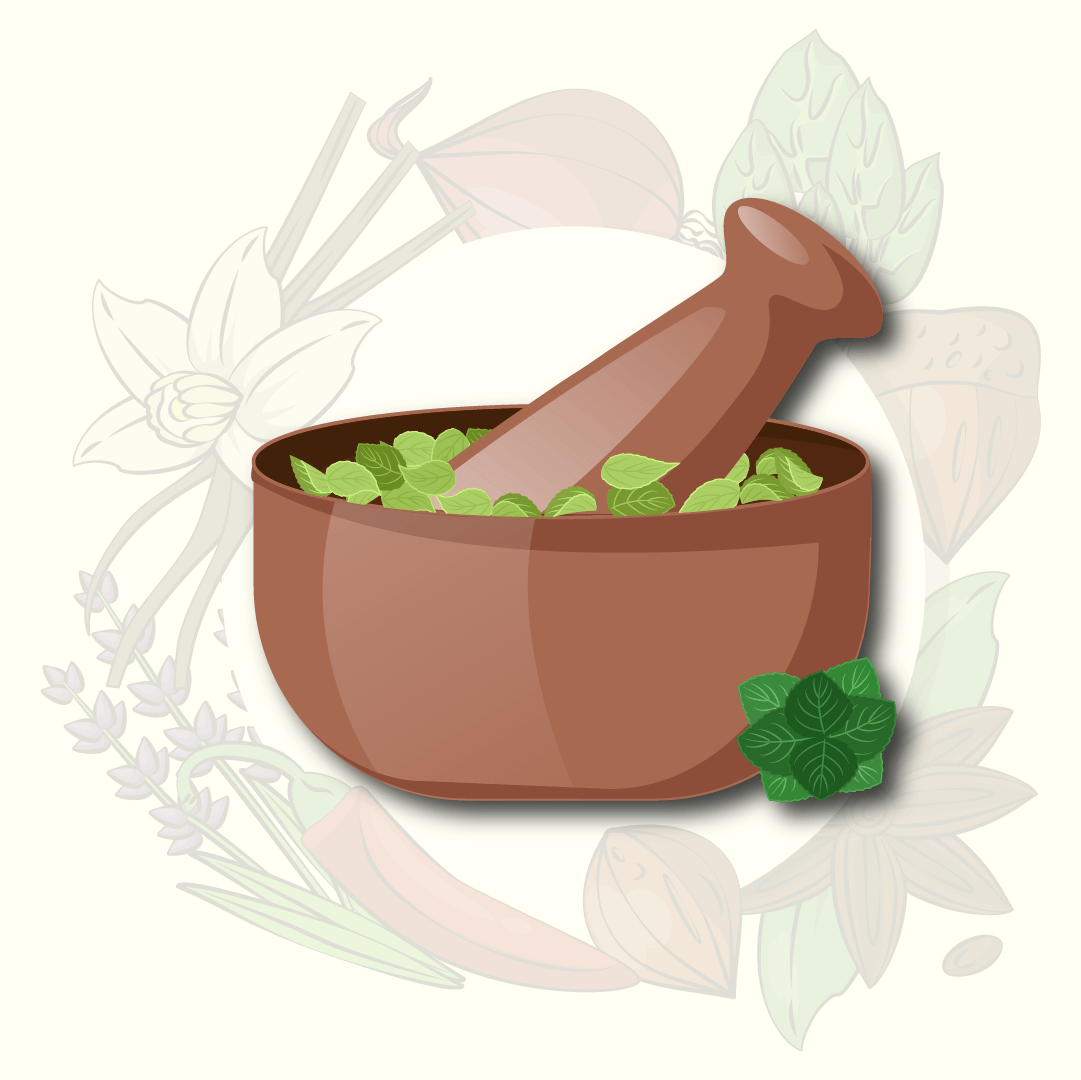Disease & Guts
What is a disease?
A Disease is the expression of the body eliminating Aama. When a person suffers from gout, they become less mobile and hence they think twice before consuming fried food. When a person gets a cold, they stop consuming cold beverages and stop exposing themselves to cold wind. When a person is fatigued, they will find a way to rest. So the symptoms of disease represent an attempt by the body to heal. In Ayurveda, this concept is called “Prayaschita” which literally means “penalty for abuse”.
A disease is a guide for healing and a signal that it is time to change in order to rebalance the body’s natural state.
“Niramaya” is a word used in Ayurveda for “optimal health” which literally means the state of a body which is free from all forms of Aama.
According to Ayurveda, all diseases can be broadly classified into two categories: diseases caused by undernutrition and those caused by overnutrition. Among them, the diseases caused by overnutrition are more difficult to treat than those caused by undernutrition, because eliminating waste is more difficult than consuming the appropriate diet. Elimination from the body is a finite process while consumption is infinite.
Some diseases can be due to a combination of both of the above. For example, a person can be obese and suffer from fatigue. A good statement describing this condition is that we are overfed but undernourished. Ayurveda says that it is the “Agni”. Agni is the Sanskrit word for metabolism or digestive fire that gives the ability to convert food into energy. If the food we eat is only converting into fat, it is not ideal. This is why we need to look at the function of the gut.
What is the gut and why is it important?

In Ayurveda the gut is known as “Koshta’ ‘which means “the big channel through which life enters. The gut is the channel where energy enters our body.
The gut is surrounded by organs of the abdomen. It starts with the mouth and finishes at the anal canal.
The expression “gut feeling” means a sixth sense and it comes from our stomach. Why does the gut feeling not come from the lung or the heart? It is because the gut has the maximum number of nerve cells after the brain, hence it is like our second brain.
The health of a person can be analysed by two states of the gut:
Dry: We experience dehydration and constipation as the sticky fat content is high and this can lead to allergies and inflammatory conditions.
Wet: We experience smooth bowel movements as the non-sticky fat, which enables free flow of metabolic energy, is predominant.



 retreat@sitaramayurveda.com
retreat@sitaramayurveda.com +91 813 8888 912
+91 813 8888 912
